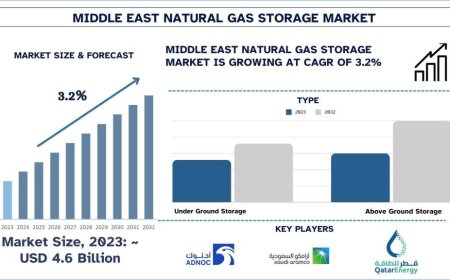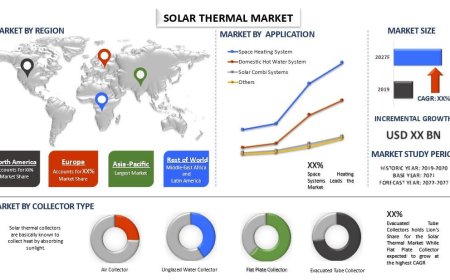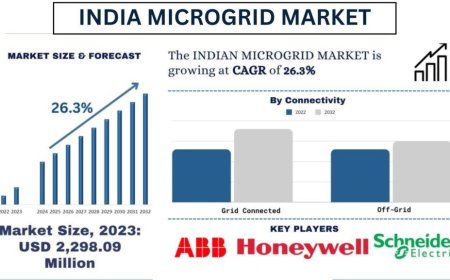7 Common Mistakes to Avoid When Applying for a VA Loan
Avoid delays and denied applications with these 7 VA loan mistakes to watch out for. Learn how to get approved smoothly and make smart borrowing decisions.

Why VA Loans Deserve Careful Attention
VA loans offer an exceptional path to homeownership for veterans, active-duty service members, and eligible surviving spouses. With perks like no down payment, no private mortgage insurance (PMI), and favorable interest rates, Va Loans are a powerful financial benefit. But like any home loan, missteps in the application process can cost you time, money, and even approval.
To make your VA loan experience smooth, strategic, and stress-free, watch out for these seven common mistakesand learn how to avoid them.
Skipping the Certificate of Eligibility (COE)
Your first step should be securing your Certificate of Eligibility. This document confirms to lenders that you qualify for VA loan benefits.
What can go wrong:
-
Applying without your COE delays processing
-
Incorrect or missing service records can prevent COE issuance
-
Assuming your lender will automatically verify it
Avoid this mistake by requesting your COE early through the VAs online portal or working with your lender to get it. Having it ready speeds up pre-approval and avoids unnecessary back-and-forth.
Choosing a Lender Without VA Loan Experience
VA loans have unique rules and underwriting standards. Not every mortgage lender understands them deeply, which can lead to delays or even denied applications.
What can go wrong:
-
Misinterpretation of VA guidelines
-
Inaccurate advice about property eligibility or loan limits
-
Slower closings due to unfamiliarity
Opt for a VA-approved lender with a proven track record in VA financing. Theyll know what documentation is needed, how to work through issues, and how to guide you step-by-step through the process efficiently.
Misunderstanding the Occupancy Requirement
VA loans are for primary residences onlynot vacation homes or rental investments. This requirement often catches applicants by surprise, especially those relocating or considering multi-property ownership.
What can go wrong:
-
Applying for a property you dont plan to live in full-time
-
Delaying occupancy beyond the 60-day VA rule without proper justification
Ensure your intent aligns with VA guidelines. You must occupy the property as your primary residence shortly after closingthough certain exceptions may apply for deployed service members.
Letting Your Credit Profile Slide Before Closing
VA loans are more forgiving when it comes to credit scores, but theyre not immune to sudden changes in your financial profile. Many applicants make the mistake of opening new credit lines or missing payments after applying.
What can go wrong:
-
Lowered credit scores jeopardize loan approval
-
Increased debt impacts your debt-to-income ratio
-
New loans (like auto financing) complicate underwriting
Avoid making any major financial moves before your loan closes. Keep your credit stable, dont add new debts, and maintain payment consistency across all accounts.
Not Budgeting for Closing Costs and Fees
While VA loans require no down payment, theyre not completely free of upfront costs. Applicants sometimes overlook closing costs, the VA funding fee, and other expenses associated with buying a home.
What can go wrong:
-
Underestimating total cash needed at closing
-
Confusion over who pays what in the transaction
-
Forgetting optional prepaids like homeowners insurance or escrow
Plan ahead for typical expenses:
-
VA funding fee (unless exempt)
-
Appraisal and inspection fees
-
Title and escrow charges
-
Taxes and insurance deposits
Ask your lender for a Loan Estimate early so you can budget properly and avoid last-minute surprises.
Overlooking Property Standards Required by the VA
The VA wants borrowers to live in homes that are safe, sound, and sanitary. That means certain types of properties may not qualifyespecially those with structural damage or missing utilities.
What can go wrong:
-
Choosing homes that fail to meet VA Minimum Property Requirements (MPR)
-
Ignoring appraisal red flags
-
Getting stuck in a deal where repairs delay or derail closing
Be sure your agent and lender understand MPR rules:
-
No exposed wiring, lead paint, or broken mechanical systems
-
Sound foundation and roofing
-
Clean water access and functional plumbing
If a property doesnt meet MPR standards, you may need to negotiate repairs or switch listings to continue with the VA loan.
Failing to Communicate with Your Loan Team
Once your VA loan is in motion, silence is not golden. Many delays stem from missed calls, unanswered emails, or hesitation to ask questions. Your lender, real estate agent, and VA loan technician are your allieskeep the communication flowing.
What can go wrong:
-
Missing document deadlines
-
Delays due to unclear application details
-
Misunderstandings about timelines and requirements
Stay responsive and proactive throughout the process. Timely communication helps your application move swiftly and signals reliability to lenders.
Final Thoughts: VA Loans Reward Preparation
VA loans are an incredible benefitbut to unlock their full potential, it pays to be prepared. From understanding eligibility to choosing the right lender and staying financially stable throughout the process, success comes down to smart planning.
Avoiding these seven common mistakes sets you up for a smooth approval, faster closing, and long-term satisfaction. Whether its your first home or your next move, take the time to get it rightand enjoy the rewards of this powerful loan option built for those whove served.


































